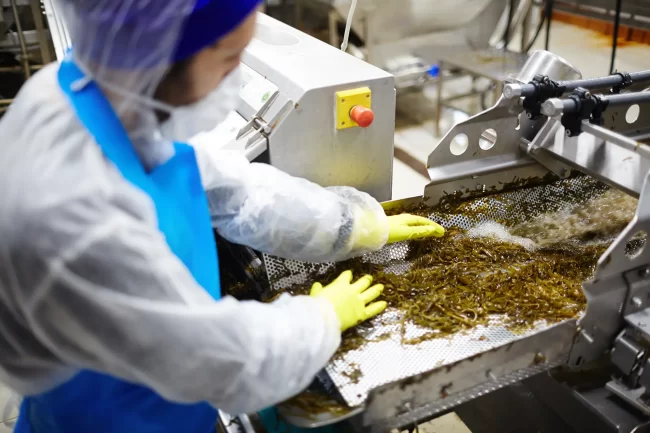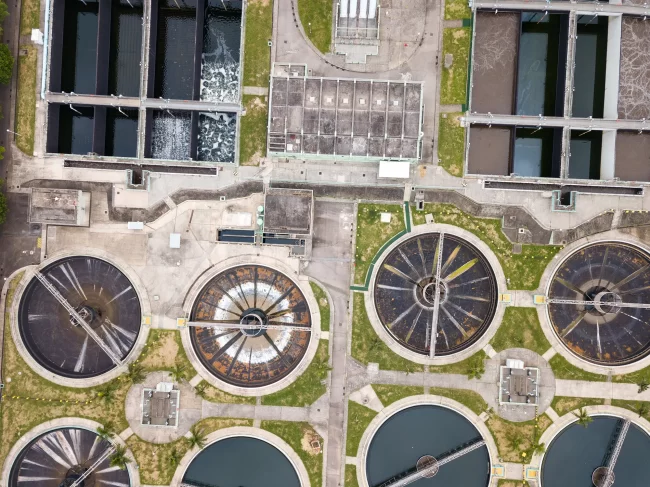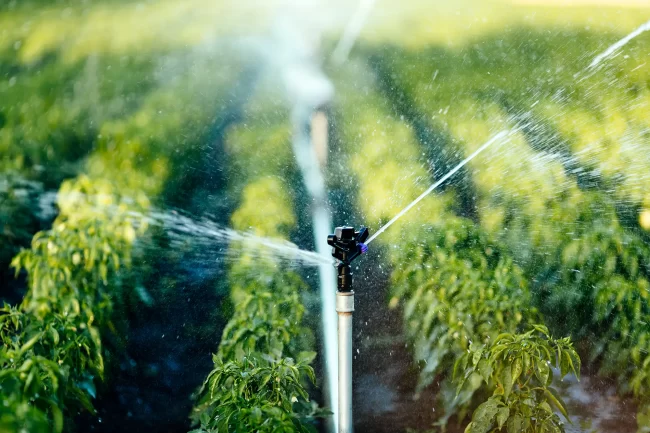Engineering Administrator
Scotmas Group are seeking an Engineering Administrator. This role is key to the smooth and efficient running of the administration, purchasing and production planning within the Engineering Department. It requires a keen and motivated individual with an understanding of engineering operations who can work alongside our workshop engineers, finance and commercial teams to meet customer…









